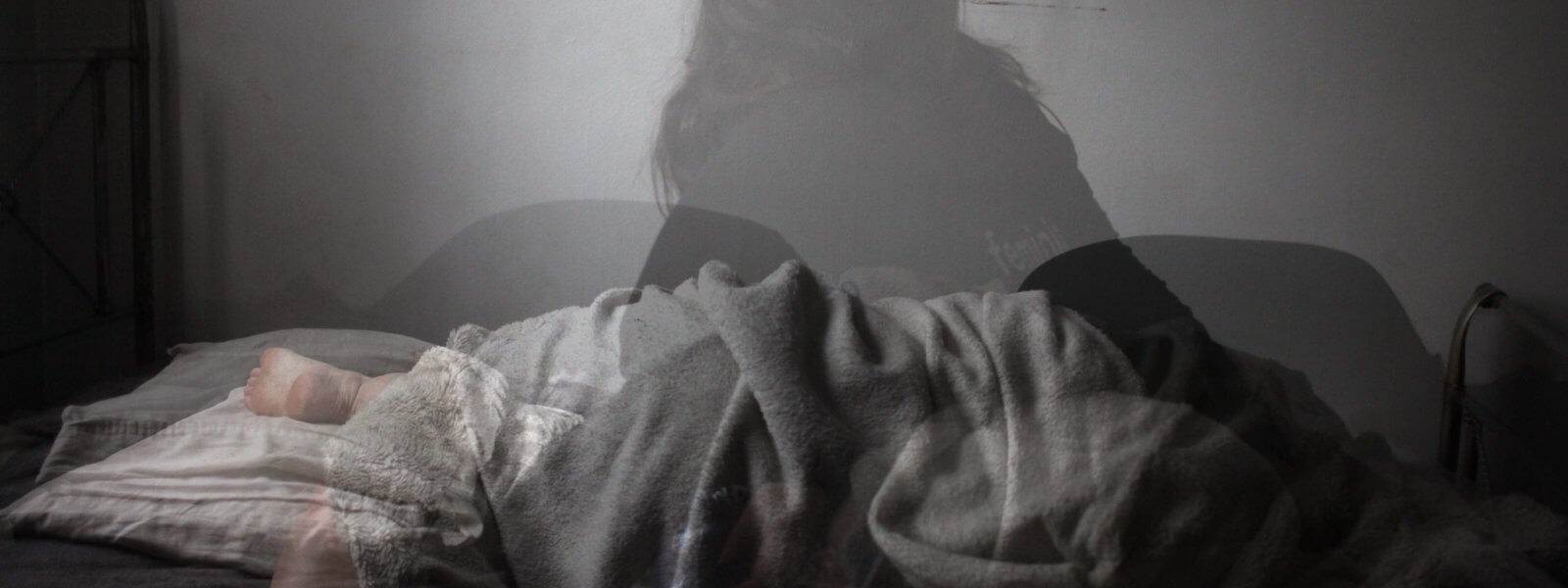10 insomnia facts you need to know

Insomnia can be characterized by difficulty falling asleep or staying asleep, or even waking up too early. Below, we’ve highlighted ten insomnia facts which you may find useful.
#1 – How common is insomnia?
Insomnia is the most common sleep disorder. Meaning it is more common than other conditions such as sleep apnea, sleep paralysis, and narcolepsy. But despite this, the world of insomnia facts can be unclear.
For example, there is a common misconception that insomnia and sleep deprivation are the same thing. However, while sleep deprivation relates to factors curtailing our opportunity to sleep, insomnia is the inability to sleep despite there being an opportunity for rest.
#2- How many people suffer from insomnia?
Insomnia statistics in America show that roughly 60-million people are currently living with insomnia.
So, if you’ve come to this page because you’re suffering too, then you’ll see that insomnia is not uncommon, and you’re not alone in trying to tackle it.

#3 – What are the common signs of insomnia?
There are some very commons signs of insomnia:
- Difficulty falling asleep
- An inability to stay asleep / waking up frequently during the night
- Being unable to return to sleep
- Waking up too early
And as a consequence of this:
- Feeling unrefreshed after sleep
- Daytime sleepiness or drowsiness
- Difficulty concentrating and/or poor memory
- Irritability and mood swings
#4 – Are there different types of insomnia?
There are two main types of insomnia:
Acute – this is typically a short episode of no sleep, which can last from one night to up to two weeks;
Chronic – this is when it occurs at least three nights a week for more than three months.
Both of the above can be classified in one of two ways:
Your insomnia may be primary, meaning your inability to sleep is not linked to any other condition.
Or it may be secondary, where your sleeplessness is caused by another condition such as a long-term health condition.

#5 -What are the main causes of insomnia?
Causes can include:
- Stress and/or PTSD (Post-Traumatic Stress Disorder)
- Mental health disorders such as anxiety or depression
- Poor physical health: including heavy smoking, and bad eating and drinking habits
- Long-term health conditions
- Medications
- Changes in routine or sleeping environment
#6 – The US- insomnia facts & figures
Up to 10% of Americans have a chronic insomnia disorder – and these individuals will often have a longstanding history of difficulty sleeping.
Prevalence of insomnia typically increases with age, with roughly 44% of older persons experiencing one or more symptoms of insomnia at least a few times per week, or more.
What’s more, around 95% of Americans report having an episode of insomnia at least once during their lives.
The good news is that roughly 75% of Americans who develop acute insomnia will recover without developing chronic insomnia, which is extremely promising.

#7 – Women and insomnia: Facts
Women are more likely to suffer from insomnia than men. Reasons includes:
- The menstrual cycle – it is common for women to experience a lack of sleep in the days leading up to their period. That is exacerbated for women who struggle with PMS (premenstrual syndrome) and PMDD (premenstrual dysphoric disorder), a more severe type.
- Pregnancy – almost 80% of women suffer during pregnancy due to pain, discomfort, and need to use the bathroom more regularly.
- Perimenopause and menopause – like hot flashes and night sweats can disturb sleep.
What’s more, on average, roughly 27% of working women have insomnia, compared with 20% of working men. That is because women are typically more likely to be juggling caregiving and childrearing duties alongside working than their male counterparts – roughly 21.9 hours per week for women, versus 17.4 hours per week for men. That leaves little time for restful sleep and induces a higher risk of causes for insomnia, such as stress.
#8 – What are the effects of insomnia
There are many negative impacts that insomnia can have on a person. If left untreated, insomnia can:
- Affect your immunity and ability to recover from coughs and colds
- Increase the risk of health conditions such as cardiovascular disease
- Increase errors and accidents – and is one of the leading causes of car accidents
- Lead to higher stress and lower mood
- Cause hallucinations.
#9 – The cost of insomnia
In the US alone, an estimated $63 billion is lost in work performance due to insomnia every year – which is the equivalent of 11.3 days per worker per year.
#10 – Insomnia can be treated
Despite some of the worrying insomnia facts and insomnia statistics we’ve explored; you will be glad to know that insomnia can be treated effectively.
Top treatments for insomnia include:
- CBTi (Cognitive Behavioral Therapy for insomnia), the recommended insomnia treatment according to the American College of Physicians and American Psychological Association. CBTi is a short therapy of 6-8 weeks that includes stimulus control, sleep restriction, cognitive exercises and relaxation techniques. You’ll find our series on CBT-i here.
- Sleeping pills which bring short-term relief but lack long-term efficacy and come with a list of risks.
- Alternative medicine does appeal to some, though their effectiveness has not been proven. Other remedies include: Meditation, yoga, acupuncture, alternative medicines and herbal remedies such as valerian and melatonin.
It is always advisable to consult your doctor before attempting any alternative treatment to insomnia, particularly if you have a long-term health condition or use any other medications.
Discover your sleeper profile with this sleep test
Start




